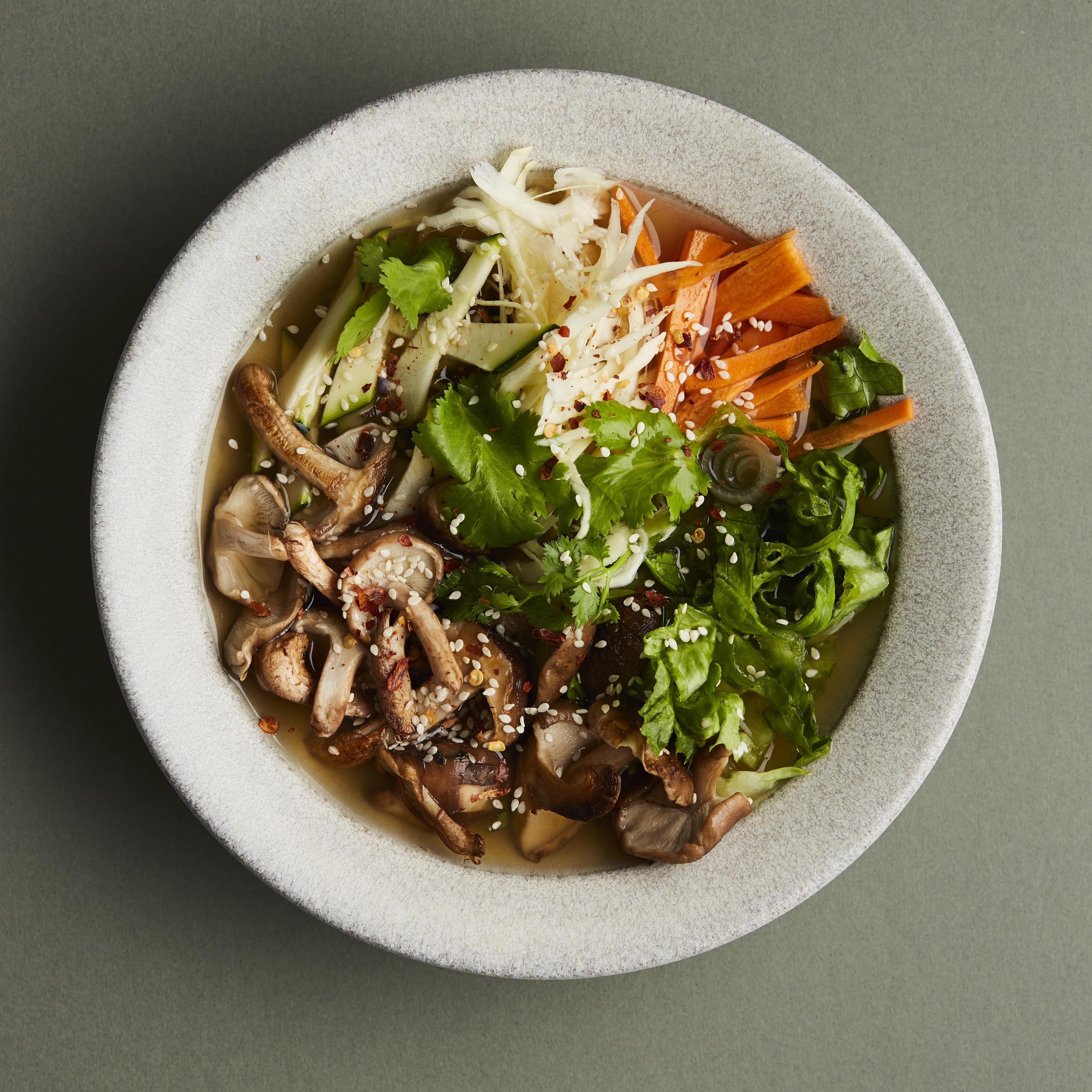21 Jul, 2019
Let's talk about Intermittent Fasting
Does Intermittent fasting really work and is it sustainable? We delve into the two most popular techniques, 5:2 and 16:8 and discuss our views on a healthier way to approach it!
FoodLet’s talk about Intermittent Fasting
The 5:2 diet has become the most popular diet of the century and we wanted to delve a little deeper into why intermittent fasting has become the diet du jour, what all the different options are and if there any down sides?
I am not one for a ‘fad’ diet and when the 5:2 first sprung into the headlines, I was sceptical. Least not because I have never been able to do a days fasting in my life, but also that most forms of ‘controlled’ diets have been proven to fail long-term. So are we missing something?
Periods of voluntary abstinence from food and drink (intermittent fasting) has been practiced since earliest antiquity by people around the globe. Books on ethnology and religion describe a remarkable variety of fasting forms and practices.
But is this just another restrictive diet that is preventing us having a joyful and healthy relationship with food? We take a look at the 5:2 and 16:8 diets and then give our conclusion.
The 5:2
The 5:2 diet, also known as The Fast Diet, is currently the most popular intermittent fasting diet. It was popularized by British journalist Michael Mosley. It's called the 5:2 diet because five days of the week are normal eating days, while the other two restrict calories to 500–600 per day.
Because there are no requirements about which foods to eat but rather when you should eat them, this diet is seen as more of a lifestyle. Many people find this way of eating to be easier to stick to than a traditional calorie-restricted diet. For five days per week, you eat normally and don’t have to think about restricting calories. Then, on the other two days, you reduce your calorie intake to a quarter of your daily needs. This is about 500 calories per day for women, and 600 for men. You can choose whichever two days of the week you prefer, as long as there is at least one non-fasting day in between them. It's important to emphasize that eating "normally" does not mean you can eat anything. If you binge on junk food, then you’re unlikely to experience any of the health benefits associated with fasting. It’s also important to note that you should eat the same amount of food as if you hadn't been fasting at all.
The 16:8
16/8 intermittent fasting involves limiting consumption of foods and calorie-containing beverages to a set window of eight hours per day and abstaining from food for the remaining 16 hours. This cycle can be repeated as frequently as you like — from just once or twice per week to every day, depending on your personal preference. 16/8 intermittent fasting has skyrocketed in popularity in recent years, especially among those looking to lose weight and burn fat.
In addition to enhancing weight loss, 16/8 intermittent fasting is also believed to improve blood sugar control, boost brain function and enhance longevity. Many people prefer to eat between noon and 8 p.m., as this means you’ll only need to fast overnight and skip breakfast but can still eat a balanced lunch and dinner, along with a few snacks throughout the day. However, you can experiment and pick the time frame that best fits your schedule. Regardless of when you eat, it’s recommended that you eat several small meals and snacks spaced evenly throughout the day to help stabilize blood sugar levels and keep hunger under control. To maximize the potential health benefits of your diet, it’s important to stick to nutritious whole foods and beverages during your eating periods. Filling up on nutrient-rich foods can help round out your diet and allow you to reap the rewards that this regimen has to offer.
What we think:
The main driver for the 5:2 diet is weight loss, reducing cholesterol and increasing metabolic rate, however there is not enough evidence in humans that proves fasting has a greater impact on your health and wellbeing than a healthy balanced diet without calorie restriction. And as much as this is promoted as a lifestyle diet, I’m not convinced that this is sustainable, certainly not for someone with an active lifestyle.
It’s also theorised that fasting gives your vital organs, digestive and absorptive hormones, and metabolic functions a “break,” though that’s mostly unfounded in humans. Since our bodies secrete insulin to help our cells absorb sugar, fasting is linked to reducing our susceptibility to insulin resistance over time. (High insulin levels ultimately put us at risk for a whole host of diseases).
I also worry about the impact it has on your body’s natural hunger cues, if you try to order your eating patterns through a very strict set of rules, you will stop listening to what your body really wants. We truly believe that if you can unlock intuitive eating - to really listen to your body, to how certain foods make you feel, and understand when you are actually hungry - you will in turn benefit from a healthy weight, stable energy levels, sleep patterns and mood, and overall your body will be best placed to protect itself from disease.
The 16:8 diet does seem to be a more relaxed approach and is not calorie restrictive. We would recommend this over the 5:2 if you are keen to give fasting a go. Or you could try our preference for eating before 7pm.
Instead of approaching it with a set time period or calorie amount, start with making a list of whole ingredients you want to cook with. Start with what foods give you joy and start writing a list of delicious dishes you want to cook from scratch. We would advise that the best way to approach fasting is to simply start with breakfast and aim to have dinner before 7pm - this gives your digestive system time to process your food before you go to bed, allowing the body to redirect energy to other areas and focus on restoration.
Our packages, designed by chefs and nutritionists, are the perfect way to start and sustain your healthy eating lifestyle. With a variety of packages from our plant-based Vegan to lean Protein package, or our grain-free Green package, there is something to suit every lifestyle.
Reference: https://www.ncbi.nlm.nih.gov/pmc/articles/PMC45165...



